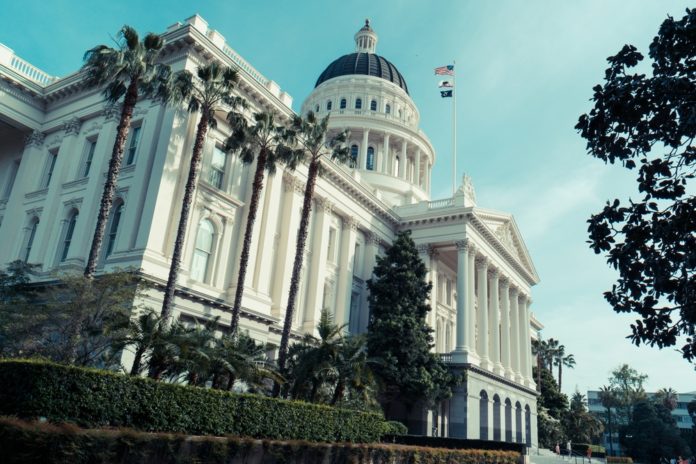State officials in Sacramento are supposed to have their new regulations for medical and adult-use in place by January 2018. But don’t count on it.
REGULATORY DELAYS ANTICIPATED
Legislative insiders say the challenges of putting together rules to manage licensing for the industry’s various sectors is far more complex than anyone realized and may take longer than expected.
Another problem is confusion among the state’s 482 cities and 58 counties, all of which must create their own permitting ordinances (or, more likely, bans) to coincide with state licensing. Under 2015 legislation and Prop. 64, local jurisdictions control the statewide licensing process through city and county permit ordinances.
Look for the governor or legislature to push for administrative delays of the January 2018 deadline. (And read about how cannabis has still managed to become the new darling of the California 2018 Governor’s race.)
CLEAN RECORD
On a positive note, thousands of industry professionals cheered the passage of Prop. 64 for a very personal reason: The initiative rewrote criminal penalties.
At least six former felonies—including commercial cultivation, possession, transportation, and intent to sell—became misdemeanors or infractions when voters approved the adult-use initiative. The new rules also give people the right to ask a judge to expunge old cannabis felony convictions, offering a fresh start after years of stigma.
Several former felonies, such as growing fewer than six plants, have moved from the felony category to legal in California. Other penalties, including felonies for transportation of more than an ounce and possession with intent to sell, have become misdemeanors.
LOCALS ONLY
There’s still a giant hurdle for people who hope to work in the cannabis industry and avoid legal troubles: those pesky local permits.
Prop. 64 follows the path established by the state legislature in 2015, when California hammered together its first comprehensive regulatory statutes for medical use. Under a compromise worked out by Gov. Brown’s office, all state license categories must be fronted by local permits from the city or county where the cultivator, manufacturer, transporter, delivery service, test lab, dispensary, or retail shop is located.
The compromise was the only way local governments would support statewide cannabis legislation. Prop. 64 authors adopted similar language. This means local authorities get to control whether anyone operates (legally) in their communities. California’s green rush is very much a patchwork, down-home affair.

R.E. Graswich is a veteran author, journalist, broadcaster, and communications consultant. He has written extensively about state and local politics in California.








